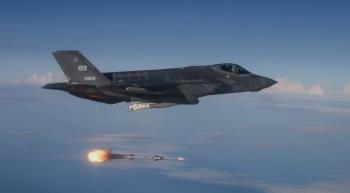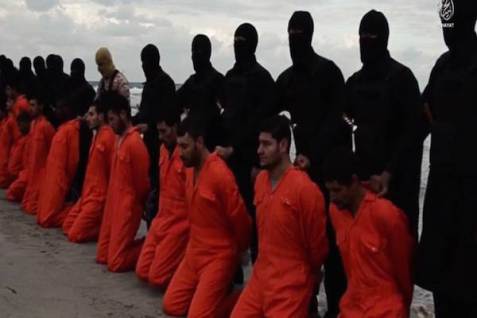Alwaght-ISIS terrorist group depends financially on many economical resources. It receives its revenues through selling oil in the black market, and it has financed itself through relying on the controlled internal resources.
The ISIS terrorists control vast areas of the western side of Dayr Al-Zur where many oil wells exist. The value of the daily revenues – oil and gas wells - is approximated by more than three million dollars over the areas controlled by ISIS in Syria and Iraq.
The ISIS terrorists have also obliged the citizens of the controlled cities – AlMousel and AlRiqqa – to pay taxes. They have also stolen the deposited funds in Al-Mousel Bank, where the amount of money approximated to be two billion dollars, along with the money in the Central Bank and other Banks in the city.
Earlier, the International Security Council criminalized the action of buying oil from ISIS and the other terrorist groups in an attempt to pauperize terrorism’s funds. However, Turkey has not done enough to adhere to the Council’s ruling. It has not done enough to close the borders in order to prevent the flow of foreign terrorists into Syria. It has not taken enough measures to prevent their inner extremist groups from recruiting militants. The most important of all that ISIS is gaining funds through selling oil across the Turkish territory.
The question is: what is the size of this illegal trading? According to the New York Times, oil revenues are estimated to be one to two million dollars a day, which means that 400,000 oil barrels are being transported illegally from Syria or Iraq to Turkey.
The United Nation resolution – overseen by the United States and Russia – states that the member states are obliged to refrain from entering into direct or indirect trade deals with the terrorist groups, and to freeze all assets. This technical resolution falls under Chapter VII of the United Nation Charter, which states the imposition of sanctions on the countries that refrain from applying the ruling.
The American “Foreign Policy” Journal quoted Jean-Louis Brogar, the former director of the US-European Center for combating the financing of terrorist operations, that Qatar is publicly funding Jabhat Al-Nusra in order to destabilize the region. The American journal adds that Qatari institutions are aiding terrorism, working in money laundering, providing job opportunities and official documents, stressing that Qatar has pumped tens of million dollars through financing networks to the Syrian opposition fighters - the Salafi Extremists.
In the same context, the “Lori Plotkin Boghardt “-Washington Institute published a report on the financial support of Saudi to Jabhat Al-Nusra, although Saudi has denied it. It elaborated that there are questions regarding the Saudi support, although it may not necessarily involve an official one. It involves the individual donors and the government’s position, and the relative importance of the Saudi support with respect to the financial capabilities.
Oil is not the only source of funding. For instance, when a terrorist group is seeking to recruit new members or to possess military equipment in order to seize lands in Iraq, it would ask donors in Persian Gulf States to provide them with money. Recently, ISIS was getting money from smuggling, kidnapping, extortion, and robbery. A Swedish company has paid $70,000 to save one of its employees from ISIS.
There are other forms of funding that come from selling counterfeit cigarettes, pharmaceuticals, cellular phones, historical monuments, foreign passports, and trafficking Syrian goods in the Turkish markets. For instance, cigarette smuggling has increased three-folds, cell phone smuggling has increased five-folds, and historical monuments smuggling increased from 20% to 50%, depending on the region and the age it belongs to. This illegal trading is attractive to the terrorists, because there is less competition and less regulation.
On other hand, ISIS has not stopped there in trying to find ways to fund its terrorism. Media sources revealed that ISIS has moved beyond selling drugs and historical monuments, it has also entered the market of selling human organs.
The group was able to gain more than two million dollars a year from trading human organs, which are being removed from live hostages and murdered soldiers. According to the sources, ISIS was able to rent foreign doctors in order to collect the human organs, from murdered victims and live hostages, including children.
They have also set up a specialized system to smuggle the organs, its mission includes selling human hearts, livers, and kidneys in the world’s black market.
According to Iraqi officials, they recently observed a strange movement within the medical facilities of Al-Musel. The sources mentioned that most of the human organs are being smuggled from Syria and Iraq to the nearby countries, where they are being sold to international gangs specialized in this kind of trades.



























